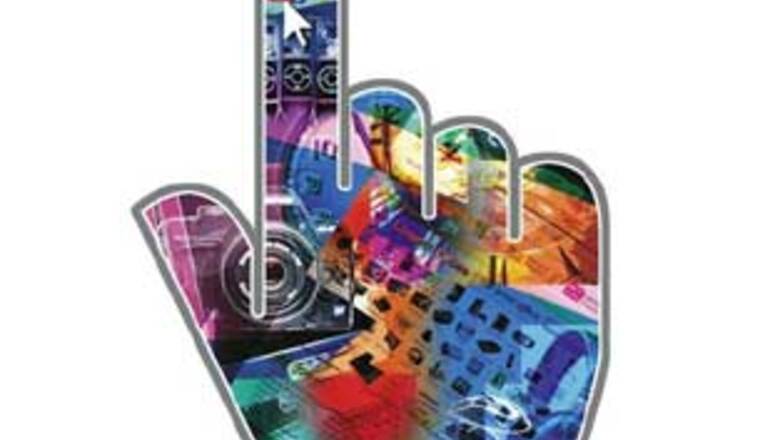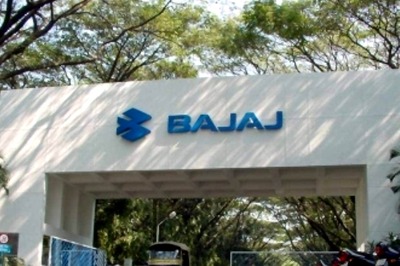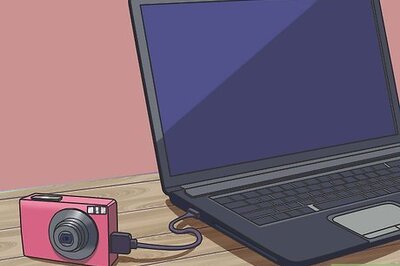
views
Question: What can a broken laser pointer do?
Answer: It can build a multi-billion dollar online auction house.
Pierre Omidyar, then 28, hosted eBay (then called AuctionWeb) in 1995 to test waters with the sale of a broken laser pointer. He got close to $15 from a collector, and he knew he had hit gold.
eBay wasn't a product of the Dotcom boom; it wasn't a start-up funded by venture capital. The Web site was part of a larger personal site by Omidyar and drew no visitors the first day it went live. The self-funded venture took off when Benchmark Capital saw the phenomenon developing in 1997, and invested $2 million for a 22 percent ownership stake in eBay.
"eBay was something unique to the Internet. We realised it will stay on longer than usual," says Avnish Bajaj, founder of Baazee.com, which was eventually bought over by eBay in 2004.
eBay was widely considered a masterstroke in e-commerce. It combined the thrill of gambling with serious business acumen. It realised that risks would be minimal if it worked as a facilitator and an interface for users to interact. The operation looked easy to the audience; they could be auctioneer, retailer or buyer. eBay had succeeded in dissolving geographic boundaries and time zones, bringing the seller and the buyer under a shopping arcade made of 1s and 0s. It has never owned a warehouse or shipped a single product.
What started out as an online auction house for collectibles has now expanded to selling cars and has third-party deals with retailers across the globe. As it steps into its 15th year, 48 percent of the activities on eBay are on the "buy it now" or the fixed price model.
But it hasn't been a smooth ride all the way. The Web site which had initially targeted 83.5 million Internet users in 1999 had 170 million unique visitors by 2008 - it took it nine years to double the user base.
eBay has been embroiled in controversies over the classifieds Web site, Craigslist. It had bought a 25 percent stake into Craigslist in 2004 and later released a classifieds Web site of its own, Kijiji, flouting terms of the agreement.
In 2008-2009, revenues fell by 32 percent, year-on-year, and its traffic rank fell to 22. Traffic rank is a measure of how popular the site is.
According to Channeladvisor, an online solutions management company, Amazon commands 30 percent of the shopping market share, with eBay holding only 14 percent. Google' listing Web site, Google Product Search, too has eaten into eBay's market share. Here the buyer interacts with the retailer directly. Google charges no commission from users, unlike eBay, and is therefore steadily gaining popularity.
"eBay has not been able to stay ahead post Google, since Google and Amazon have been product-innovation-led companies and that drives them to the top… eBay has missed out on that," says Bajaj.
The virtual auction house is losing quickly. Shopping through the mobile phone is the only untapped online market left. The battle now will be fought again as both Amazon and eBay start their race afresh.
"Nobody has been able to crack Mobile-Commerce yet, and the one who does will be able to rule the markets," says Bajaj.




















Comments
0 comment